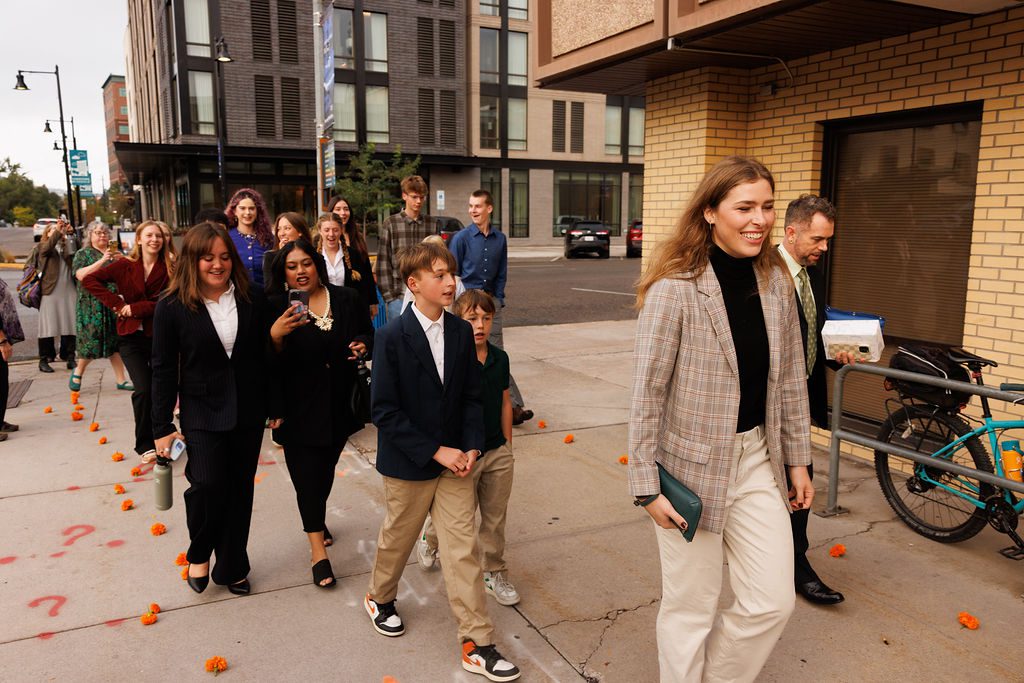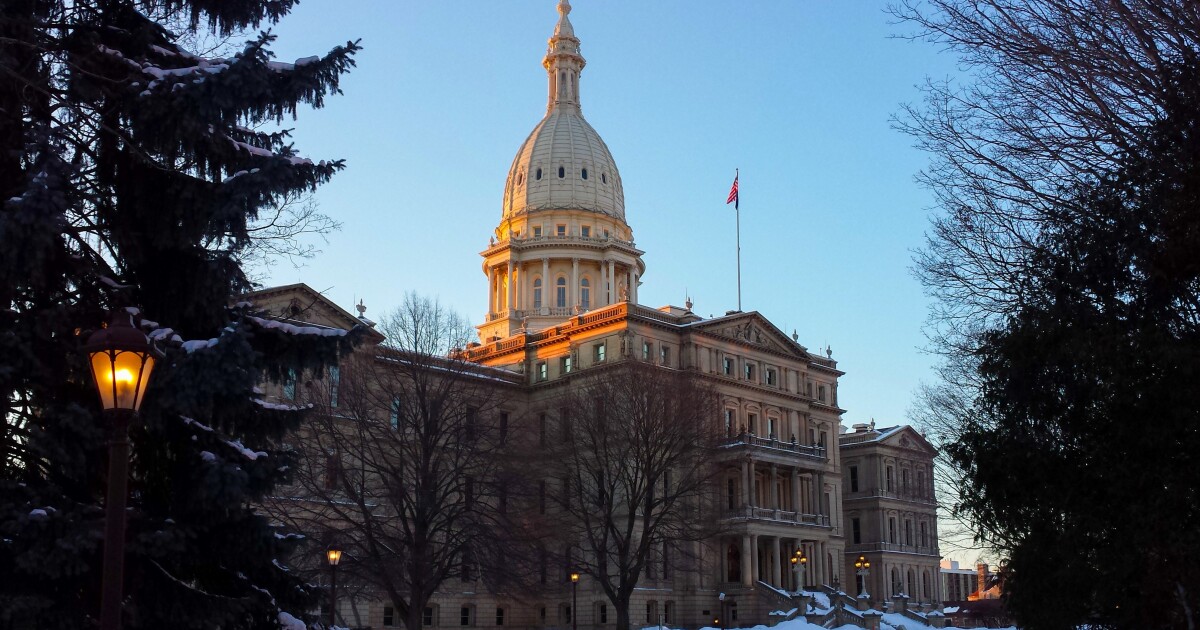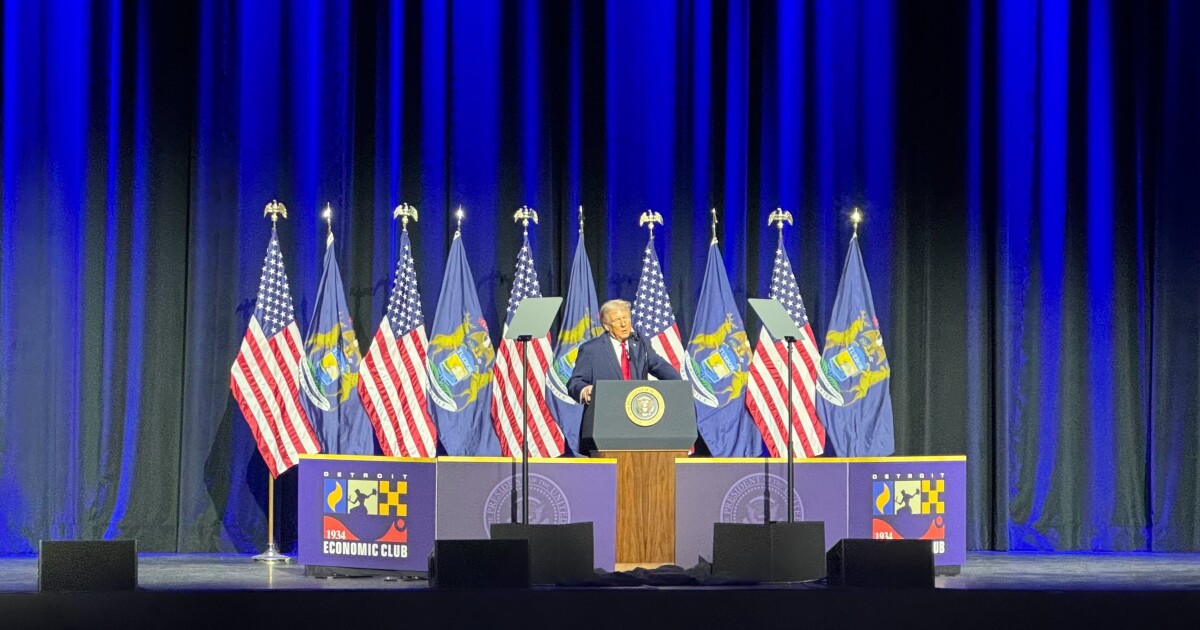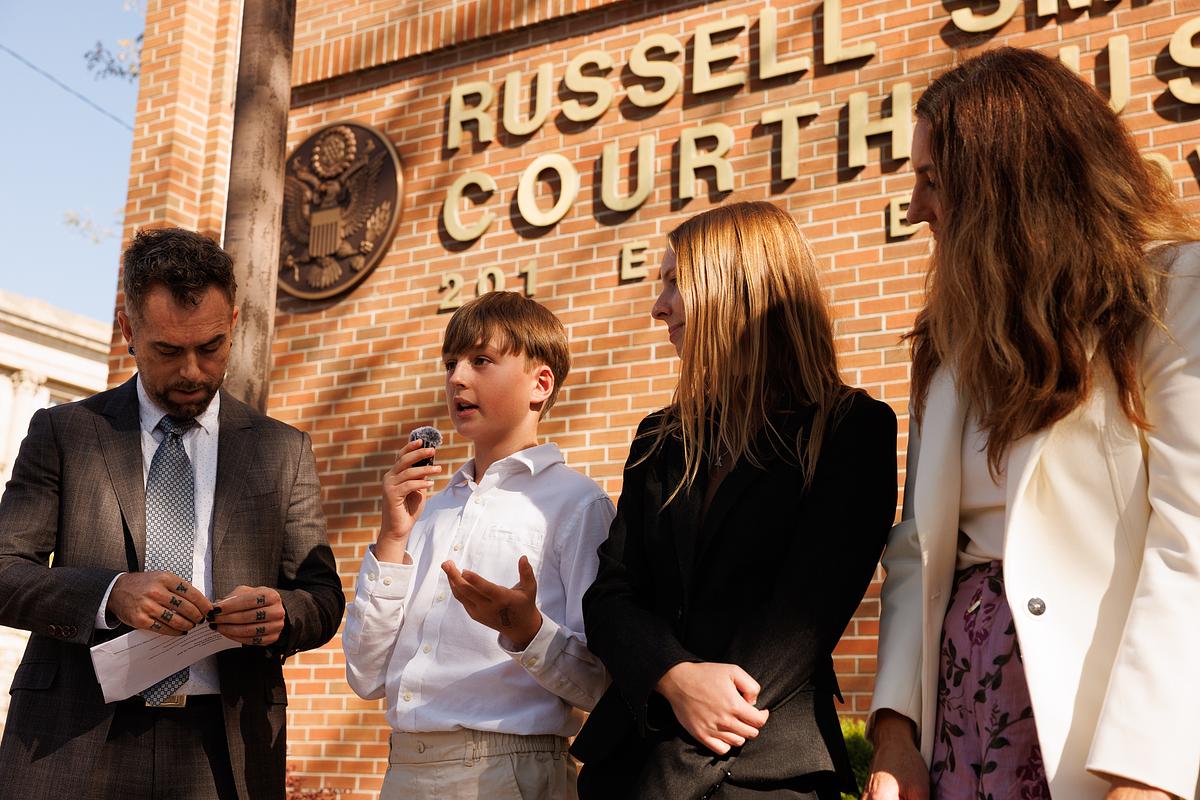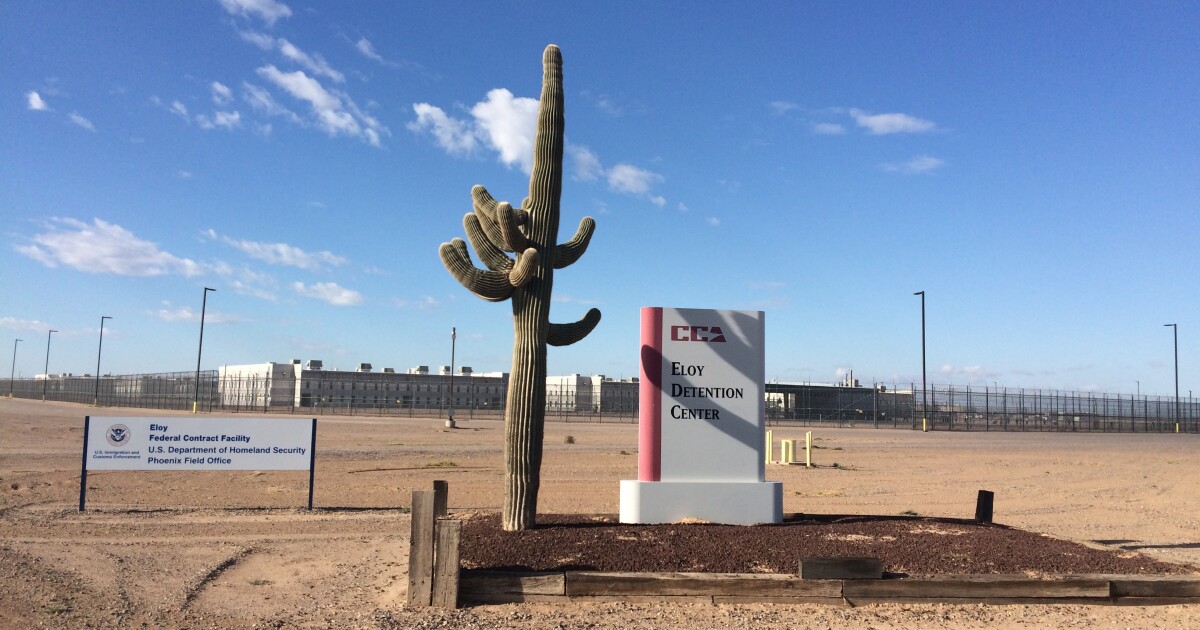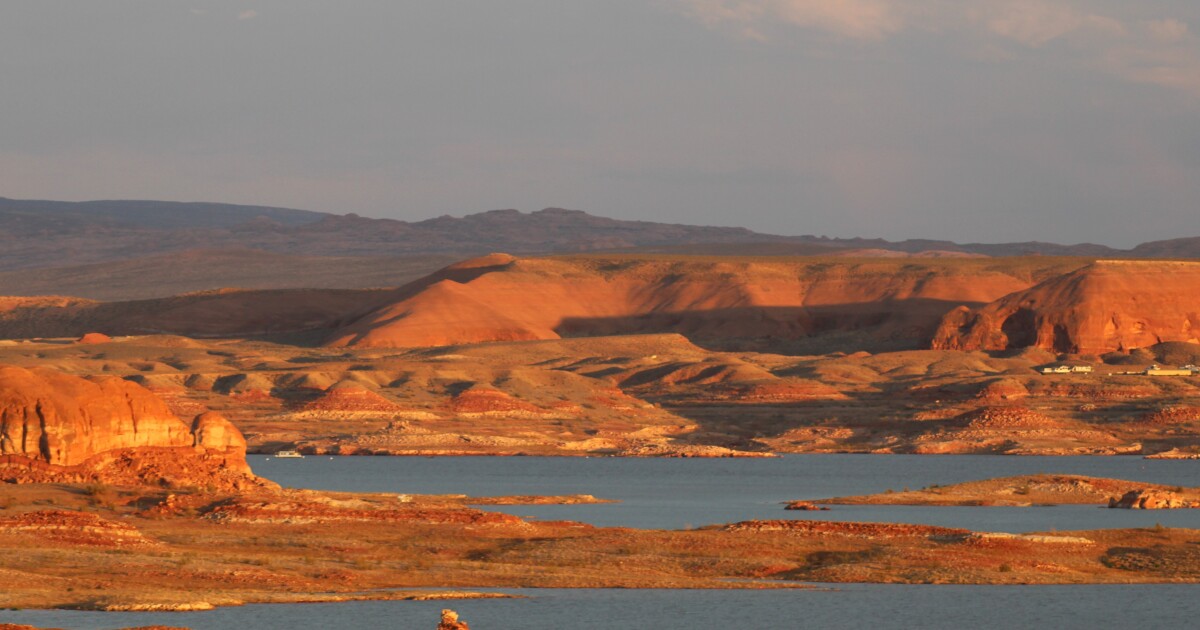MISSOULA — Four young plaintiffs contested the Trump administration’s climate policies Tuesday, arguing in court that climate change-driven wildfires and extreme weather hinder their way of life. Their case in federal district court, Lighthiser v. Trump, seeks to stop Trump’s executive orders on energy, claiming they are unconstitutional and should be paused while the case proceeds. These orders emphasize coal industry support and declare a national energy emergency.
The plaintiffs, aged 11 to 20, testified about climate change’s impact on their health, highlighting how the government’s energy policies exacerbate pollution and climate issues. Federal attorneys claimed the court isn’t the place to resolve energy policy disputes, urging dismissal of the case.
In May, 22 young people, including 10 from the Held v. Montana case, sued the Trump administration, arguing three executive orders infringe upon their Fifth Amendment rights. Tuesday’s hearing marked the first of two days.
Joseph Lee from California shared how wildfire smoke and heat affect his asthma. After a heat stroke in 2023, Lee described his increased lung sensitivity and fear of going outside in extreme heat. Seventeen-year-old Jorja M., from Livingston, noted climate change’s effect on ski seasons and wildfire smoke, with severe flooding in 2022 impacting her family’s veterinary clinic.
Avery McRae from Oregon recalled evacuating due to hurricanes in Florida, describing how worsening wildfires increase her anxiety. McRae, an environmental studies major, is uncertain about her future career, fearing longer wildfire seasons will deepen her despair.

McRae also participated in the Juliana v. United States lawsuit, which ended in the government’s favor. Federal attorney Michael Sawyer noted this case is similar to Juliana, but plaintiffs’ attorney Julia Olson emphasized its distinct focus on stopping three executive orders rather than creating a climate plan.
Climate researcher Steven Running testified that each ton of carbon emissions contributes to climate change, stressing the scientific consensus that every emission matters. John Podesta, a Biden administration climate adviser, explained the executive order process, asserting that the court can address the harm these orders cause to the plaintiffs. Federal attorneys argued that court intervention is premature, as new administrations can revise past regulations.
Montana Attorney General Austin Knudsen, backed by 18 other states and Guam, filed a motion in July supporting dismissal due to significant state interests. The hearing continues Wednesday with more testimonies and arguments.
—
Read More Montana News

